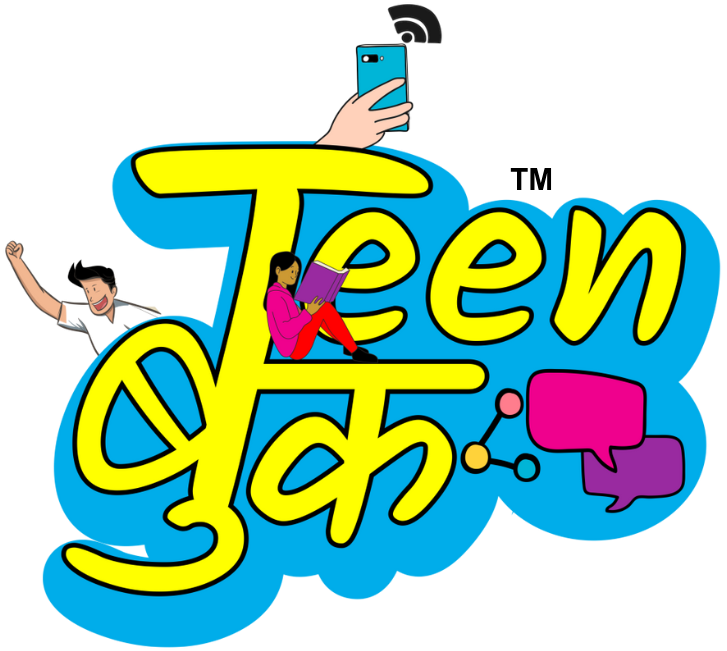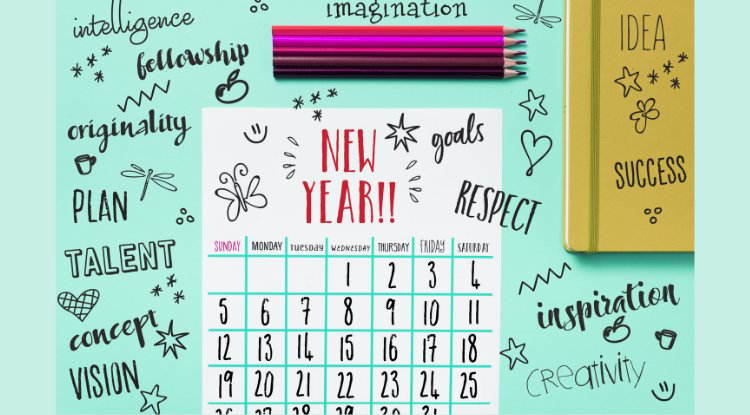Why you can’t stop scrolling: The science of social media addiction
Be honest—how many times have you picked up your phone today? Did you just check your notifications? Swiped through Instagram reels? Lost track of time watching one more cricket highlight? Before you start blaming yourself for wasting time, let’s get something straight—it is not entirely your fault. Let’s find out more in today’s Science Lab!

Social media is designed to keep you hooked. And the real culprit? A tiny chemical in your brain called dopamine. Let’s break it down.
What is dopamine and why does it love social media?
Dopamine is the brain’s “feel-good” chemical. It is released whenever you experience pleasure or excitement. Think of it as the brain’s reward system.
When you win a school competition, eat your favorite butter chicken, or get a message from your best friend, dopamine is released, making you feel happy and satisfied.
Social media has found a way to hack this system. Every time you get a like, comment, or notification, your brain receives a small dopamine boost—just enough to make you want more. It is the same reason people binge-watch a cricket series or get glued to Bollywood drama—there is always something more waiting to be discovered.
How social media traps you in a loop
Social media apps are designed to be addictive. They use features that make you stay longer, scroll endlessly, and keep coming back. Here’s how they do it:
- Endless scrolling – Instagram, YouTube Shorts, and Facebook feeds do not have a stopping point. Unlike a book or a movie, there is no final scene. Instead, there is always something new popping up, making you scroll more.
- Likes and comments as instant rewards – Every time you get a like or comment, your brain treats it as a reward. The more you check, the more you crave the next one.
- Fast-paced short videos – Watching reels and YouTube Shorts gives quick dopamine hits, making you feel engaged without requiring much effort. It is the digital version of flipping through TV channels, except there is no end.
- Fear of missing out (FOMO) – Social media creates the pressure to always be updated. Seeing your friends at a party, a new trend going viral, or a celebrity challenge makes you feel like you need to check what is happening all the time.
Is social media like a drug?
Not exactly, but it works in a similar way.
Studies show that social media activates the same brain areas as addictive substances like nicotine or caffeine. It tricks your brain into wanting more dopamine, and when you do not get it, you feel restless or bored.
Ever deleted Instagram before exams and felt the urge to keep checking your phone? That is dopamine withdrawal. Your brain is used to the constant reward system, and without it, you feel uneasy.
A classic example of this is when people try to avoid spoilers for a movie but still keep checking their feed for reactions. The habit is so ingrained that staying away feels unnatural.
How to take back control without quitting social media
You do not have to delete your accounts to escape the dopamine trap. Here are some ways to outsmart your brain:
- Turn off unnecessary notifications – If you do not hear the sound, you will not be tempted to check your phone every few minutes.
- Use the 20-minute rule – Set a timer before scrolling. When it rings, take a break and step away.
- Unfollow accounts that stress you out – If certain posts make you feel pressured or left out, it is better to mute or unfollow them.
- Be mindful of what you consume – Instead of mindless scrolling, follow content that inspires or teaches you something valuable.
- Replace screen time with real-world dopamine – Play a sport, meet a friend, or take up a hobby. The best kind of dopamine comes from real-life experiences.
Who is in control—your brain or your phone?
Social media is entertaining, but it should not control your life. The next time you find yourself scrolling for hours, ask yourself—are you using social media, or is social media using you?
Dopamine is powerful, but so are you. Balance your screen time, and your brain will thank you.
Now, think about this—how many times did you check your phone while reading this?
Do you have anything on your mind? Share with us in the comment box below. Remember not to put any personal information in the comment box.


